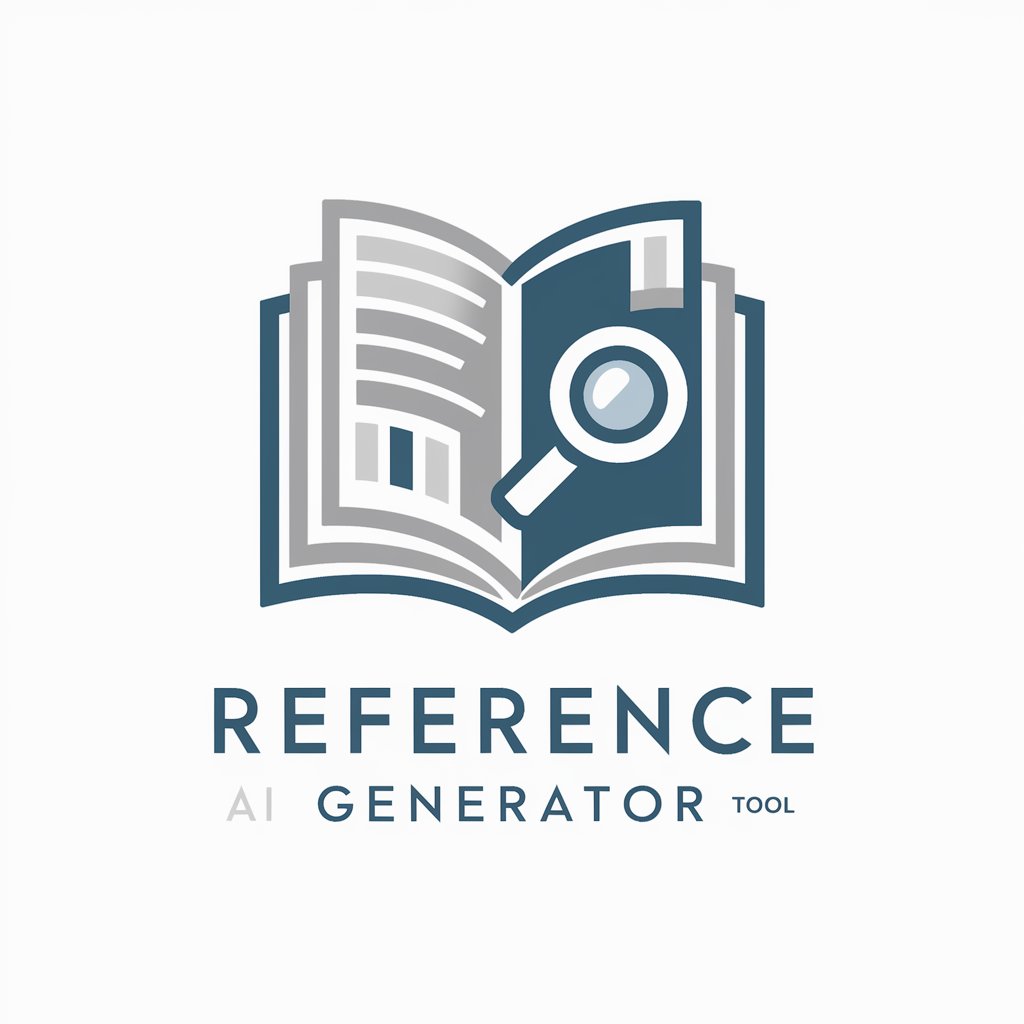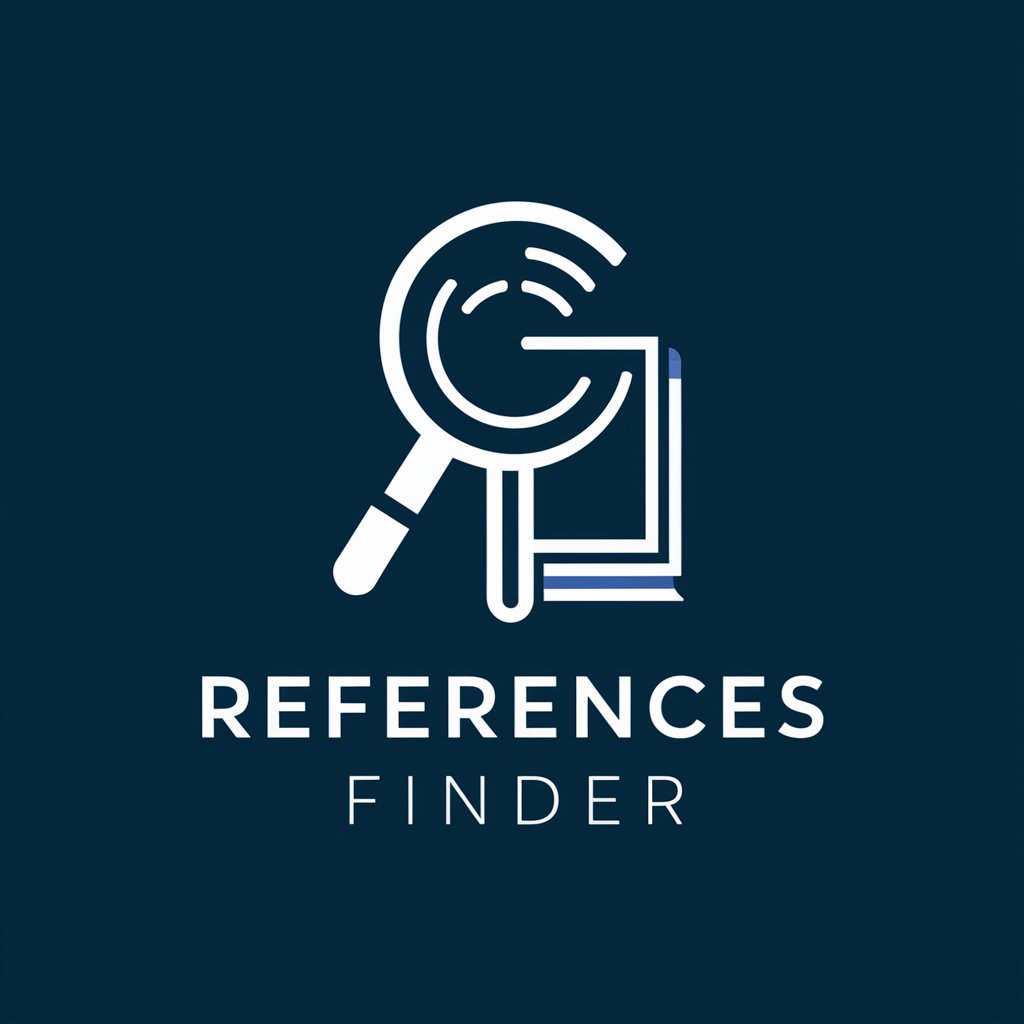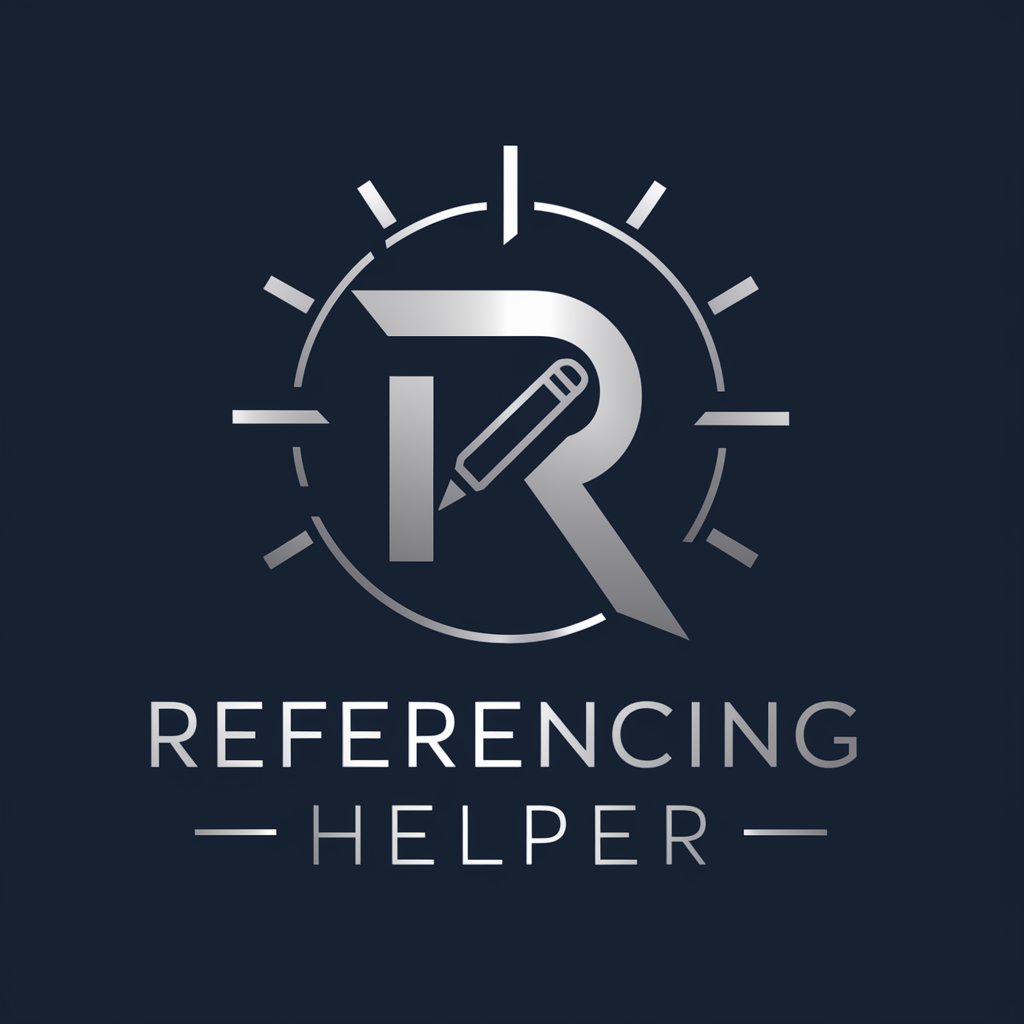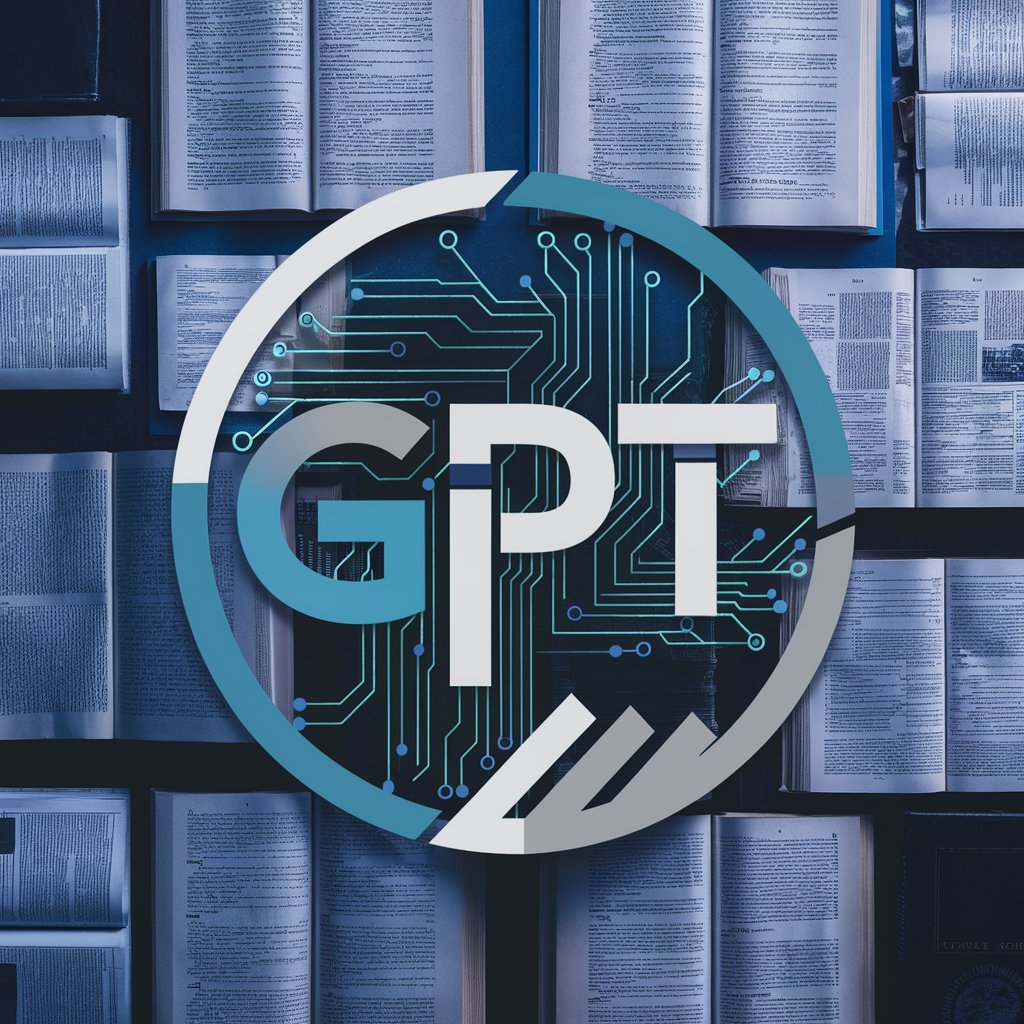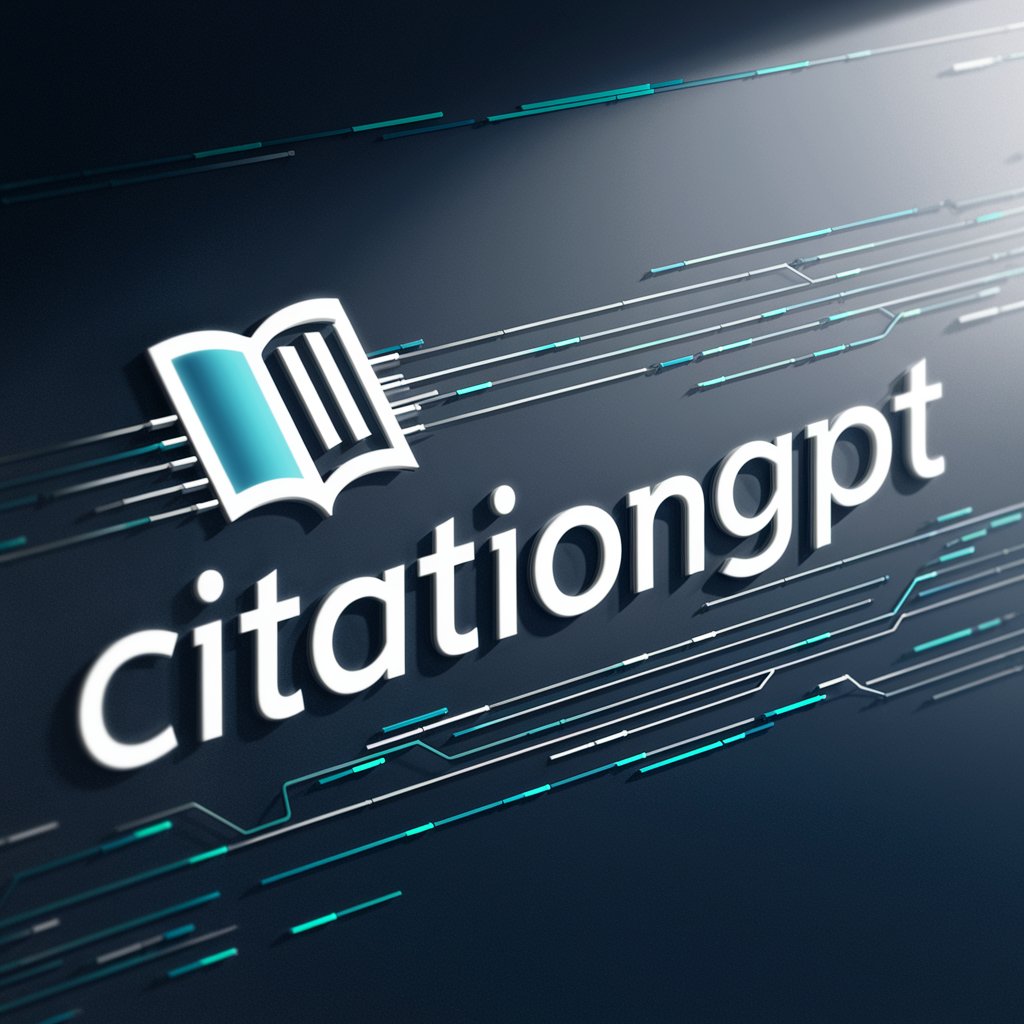
Reference - Comprehensive Information Tool
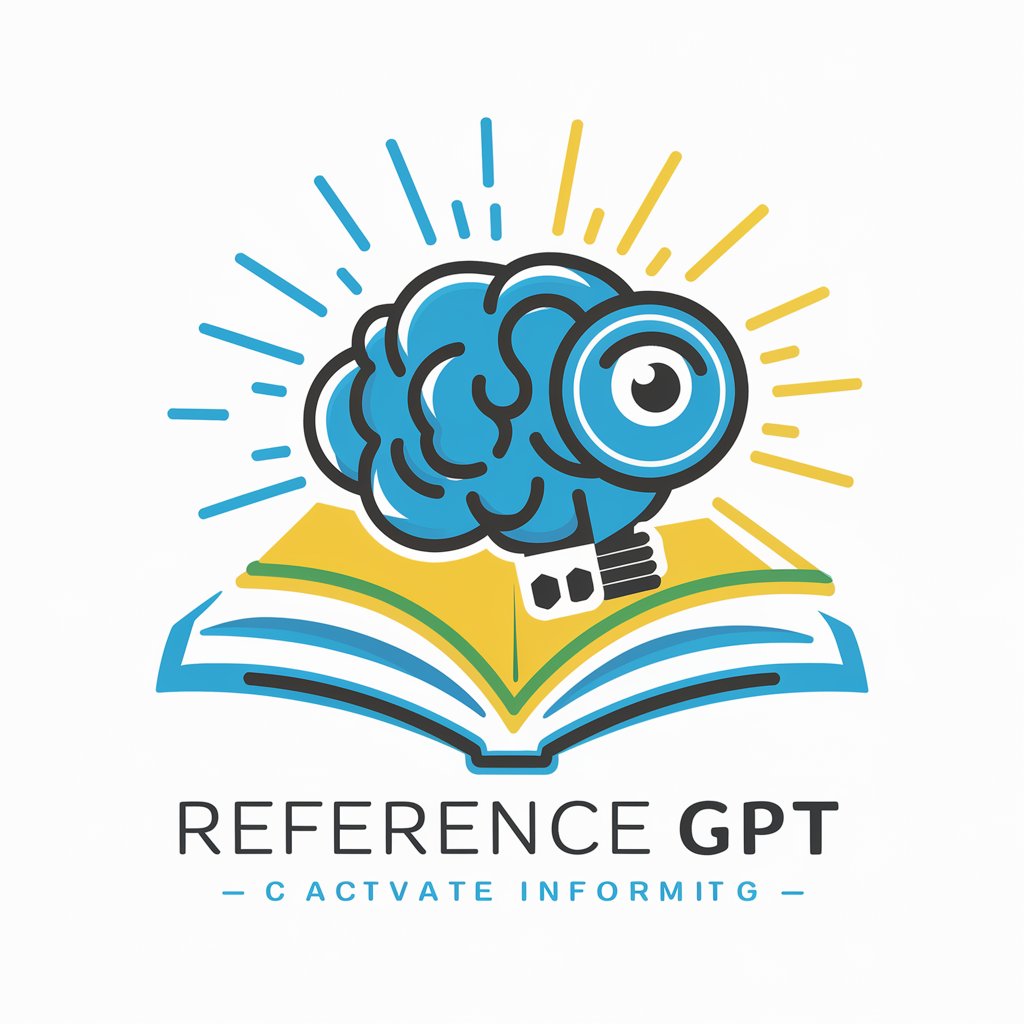
Hello! Ready to explore and learn with Reference GPT?
Unlock Knowledge with AI-Powered Insights
Tell me more about
Can you explain how
What are the benefits of
How does work?
Get Embed Code
Understanding Reference GPT
Reference GPT is designed as a specialized variant of the GPT (Generative Pre-trained Transformer) model, fine-tuned to excel in delivering accurate, well-sourced information across a broad spectrum of topics. Unlike standard GPT models, which might provide a wide range of responses, including conversational replies, creative writing, or coding help, Reference GPT focuses on verifiable facts and data-driven answers. Its design purpose is to serve as a reliable source for users seeking detailed, factual information. An example scenario illustrating its use might be a user inquiring about the historical significance of the Rosetta Stone. Reference GPT would provide a comprehensive account of its discovery, its role in deciphering Egyptian hieroglyphics, and its importance to the field of Egyptology, citing sources or methodologies used to gather this information. Powered by ChatGPT-4o。

Core Functions of Reference GPT
Providing Detailed Explanations
Example
Explaining complex scientific theories, such as the theory of relativity, including the historical context, key principles, and real-world applications like GPS technology.
Scenario
A student preparing for an exam seeks a deeper understanding of the theory beyond textbook definitions.
Answering Historical Queries
Example
Offering detailed accounts of historical events, such as the French Revolution, including causes, major figures, and outcomes.
Scenario
A history enthusiast looking for comprehensive insights into the French Revolution's impact on modern democracy.
Fact-Checking
Example
Verifying claims or statements made in news articles, public speeches, or on social media platforms.
Scenario
A journalist fact-checking statements for an upcoming article to ensure accuracy and reliability.
Data Analysis and Interpretation
Example
Interpreting economic data, such as GDP growth rates, to explain their implications on the economy.
Scenario
An economics student needs to understand the relationship between GDP growth and unemployment rates for a research paper.
Providing Recommendations Based on Criteria
Example
Suggesting books or academic papers on specific topics, like climate change, based on criteria such as comprehensiveness, author expertise, and recent publication.
Scenario
A policy maker looking for the most recent and comprehensive research on renewable energy sources to inform policy decisions.
Ideal Users of Reference Services
Students and Researchers
Individuals engaged in academic pursuits who require accurate, detailed information for studies, papers, or projects. Reference GPT aids in understanding complex topics, finding credible sources, and enhancing learning.
Professionals
Experts in fields such as journalism, law, healthcare, and education who need to verify facts, stay updated with accurate information, or seek detailed explanations for professional development.
Curious Minds
General public with a keen interest in learning about various topics, from history and science to technology and culture. They benefit from Reference GPT's ability to provide comprehensive, fact-based answers.
Policy Makers and Analysts
Individuals in government, NGOs, or think tanks who require in-depth analysis and data interpretation to make informed decisions or recommendations on policies.

How to Use Reference
Start Exploring
Begin by visiting yeschat.ai to access a free trial of Reference without the need for signing up or subscribing to ChatGPT Plus.
Identify Your Needs
Consider what you need help with. Reference can assist with academic research, fact-checking, exploring new topics, or generating detailed Q&A pairs on various subjects.
Ask Specific Questions
Pose your questions or describe your information needs in detail. The more specific you are, the more accurate and helpful the responses will be.
Utilize Follow-Up Questions
After receiving an answer, ask follow-up questions to dive deeper into the topic. Reference encourages exploration and learning through detailed inquiries.
Apply the Information
Use the information provided by Reference for your projects, studies, or personal knowledge enhancement. Remember, it's designed to be a comprehensive source of verified information.
Try other advanced and practical GPTs
Voice Training & Speech Coach
Elevate Your Voice with AI-Powered Coaching
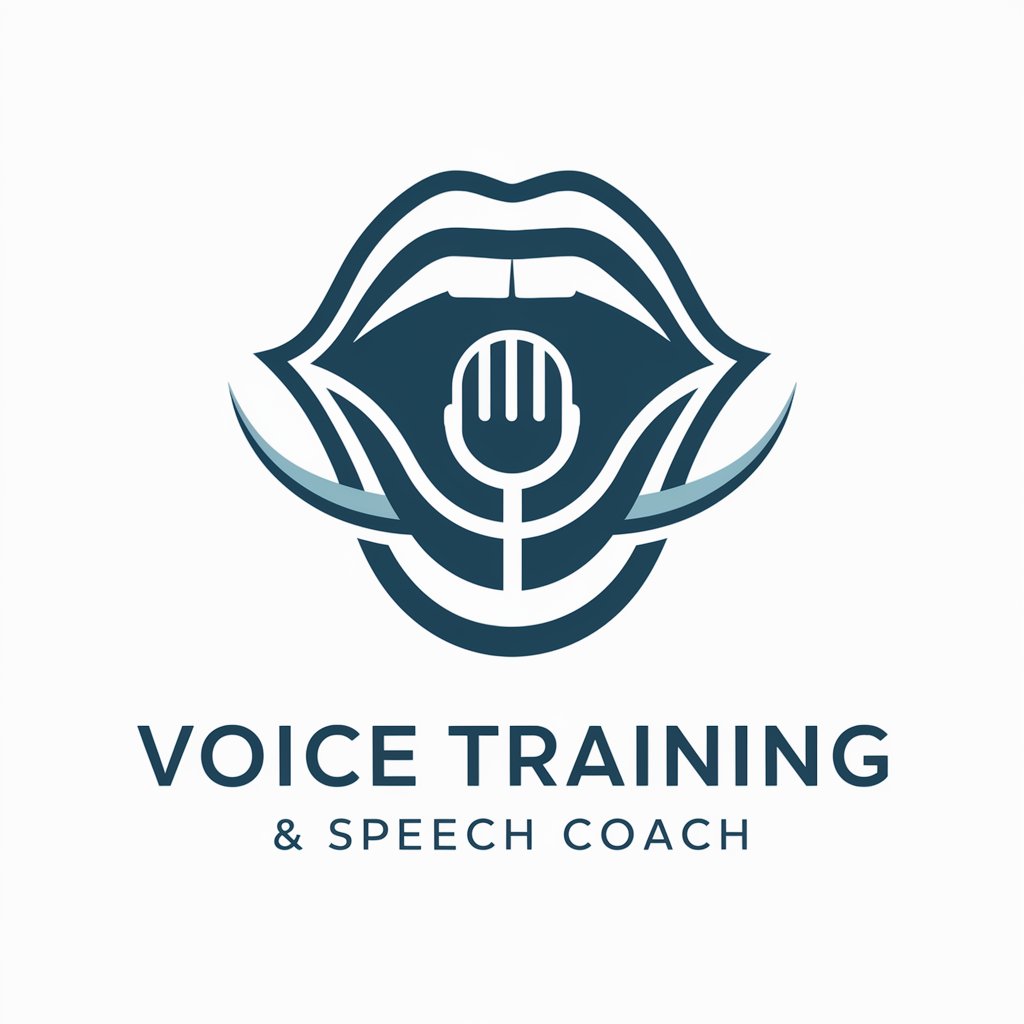
Elon's Financial Advices
AI-Powered Market Insights at Your Fingertips

Brand Voice Assistant
Empowering Your Brand's Voice with AI
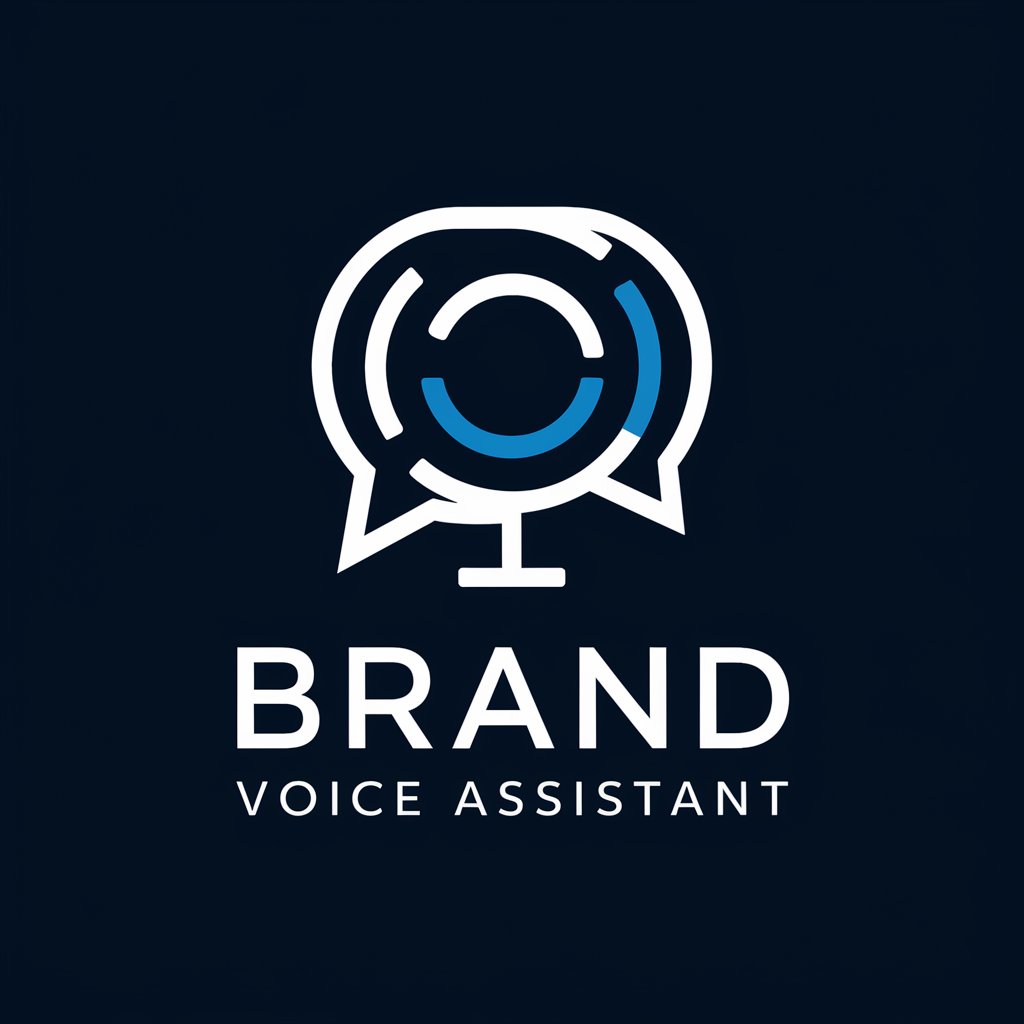
WritingGPT
Elevate Your Writing with AI-Powered Guidance

Human Design Chart Navigator
Unlock Your Design for Success
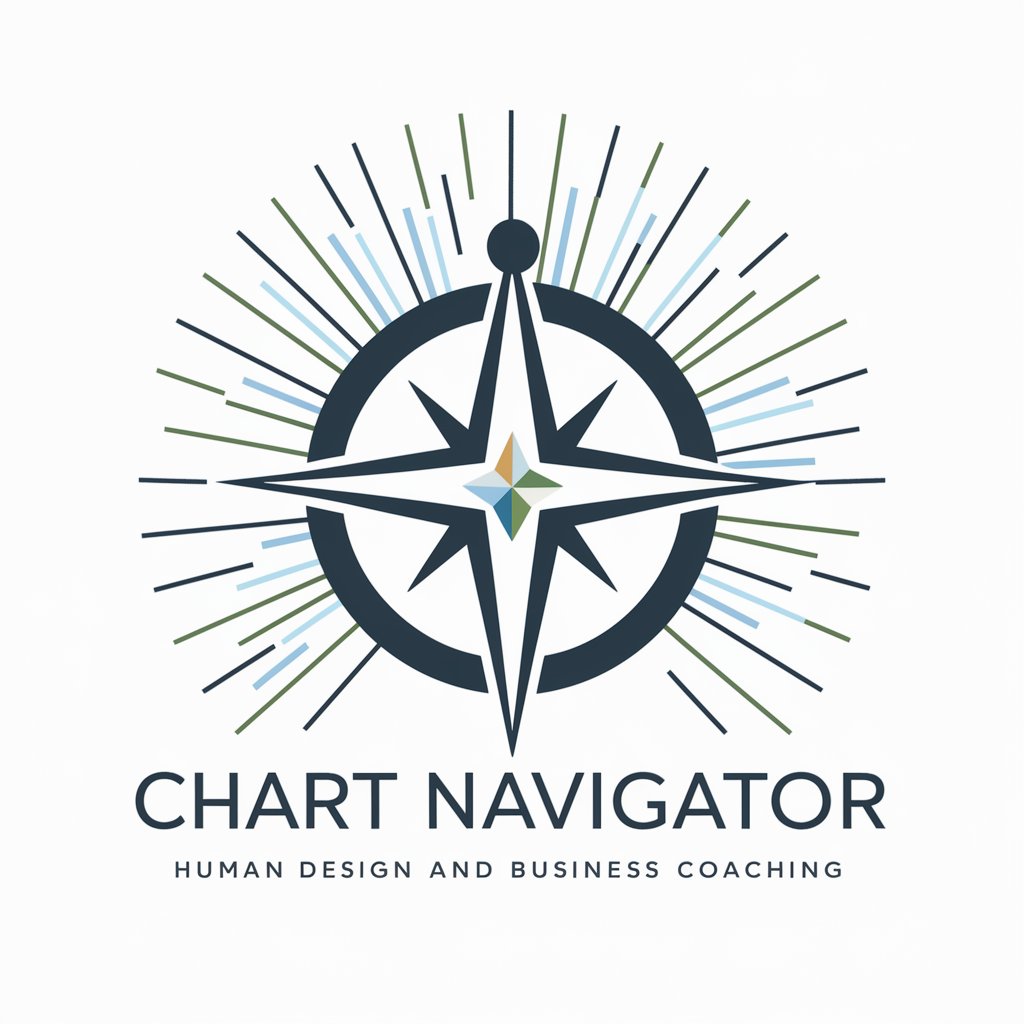
Social Media Manager
Empowering Voices with AI Precision
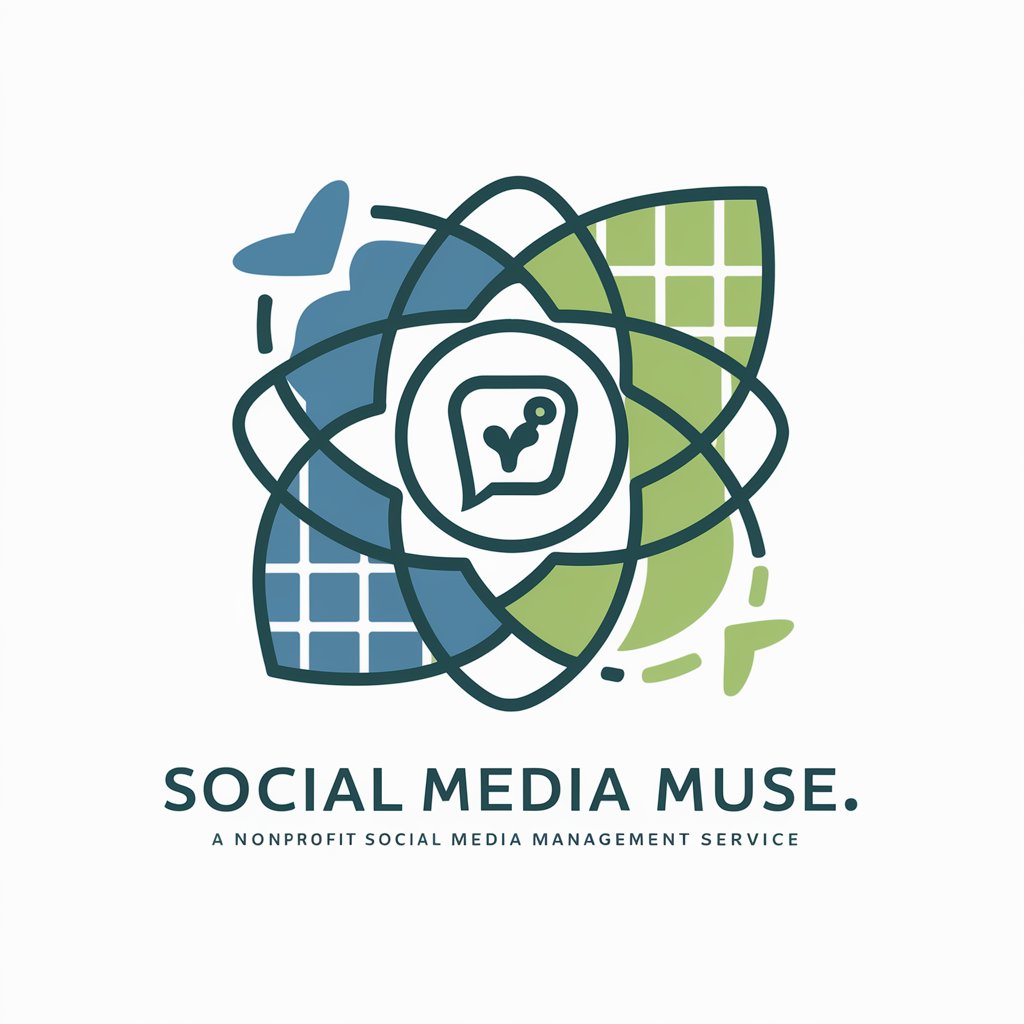
Reading Summary
Deep Dive into Books with AI
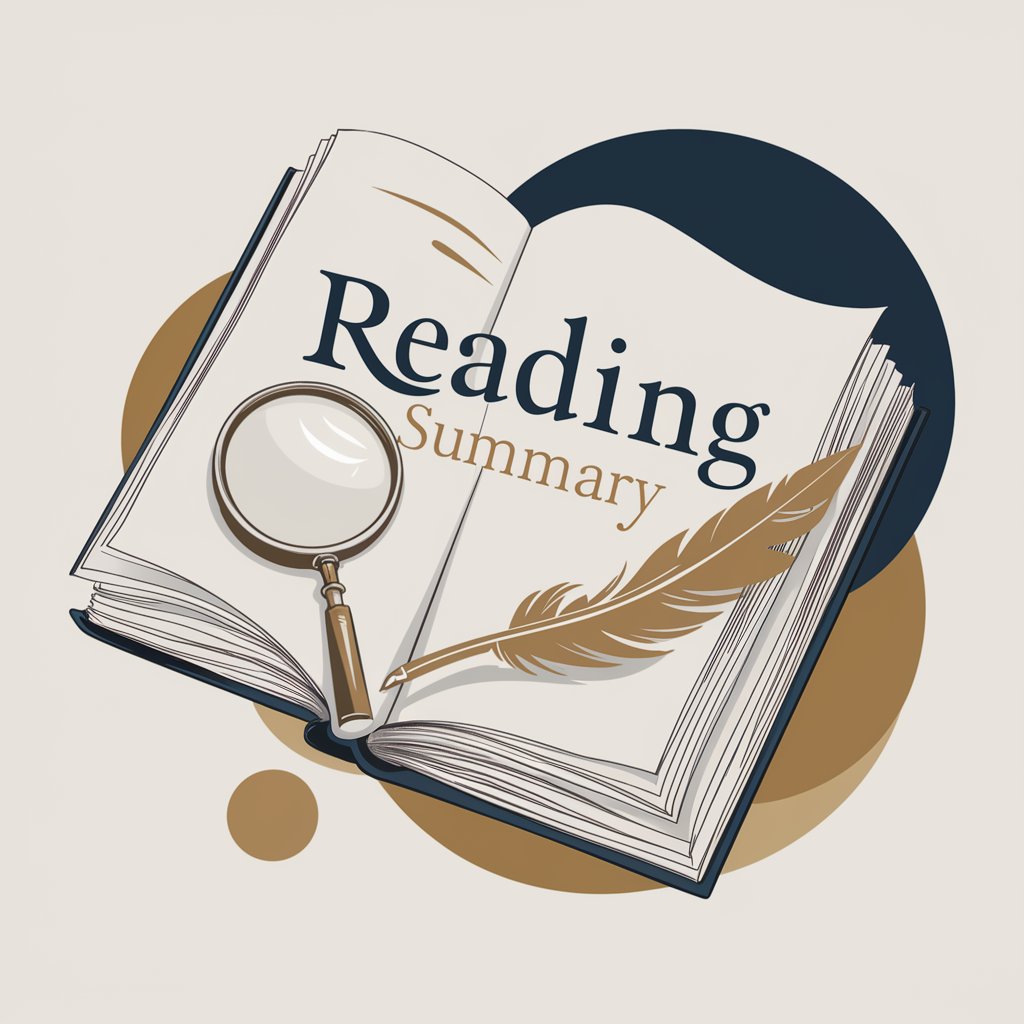
Val Bot
Empowering decisions with AI-driven values.

ColorGPT
AI-Powered Color Precision
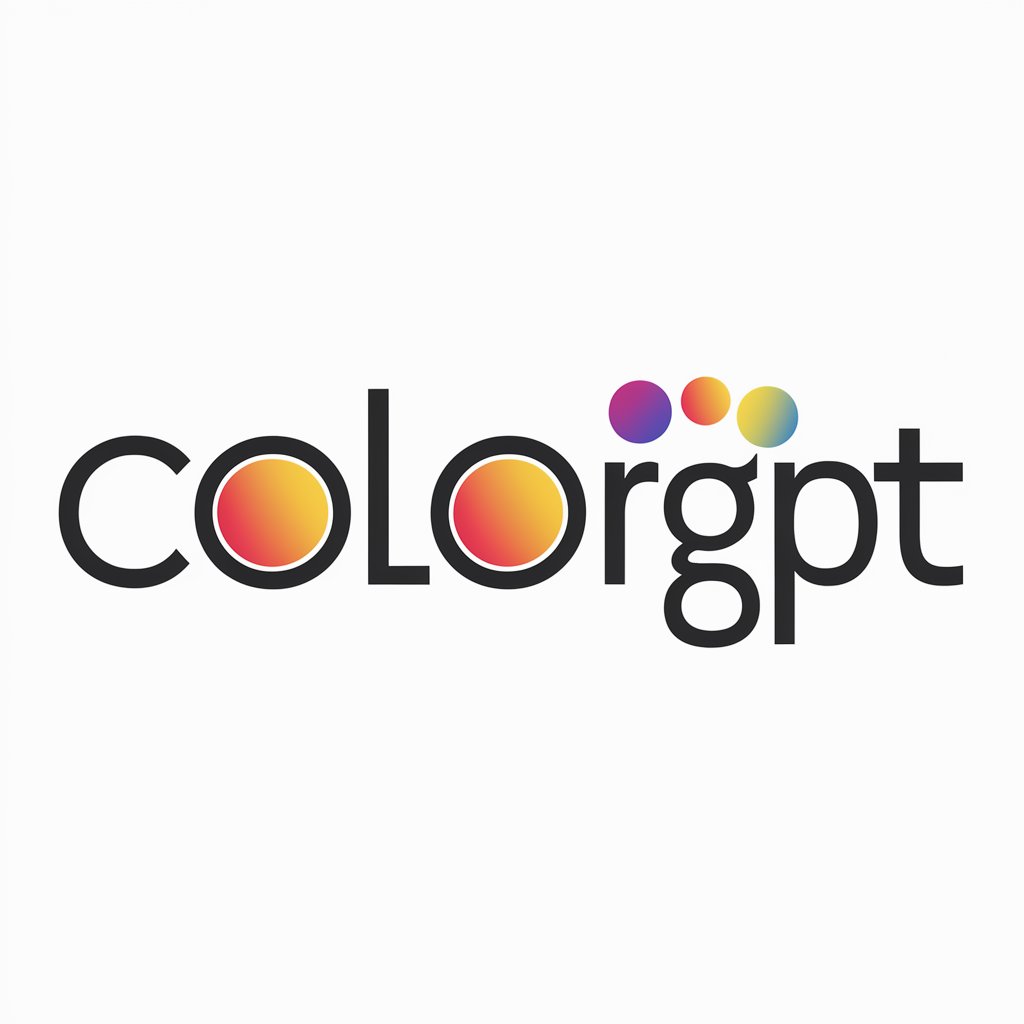
Is it Collectable?
Discover Your Item's True Worth with AI

AI for the Culture
Empowering designs through AI creativity

Resale Value Expert
AI-Powered Appraisal at Your Fingertips

Detailed Q&A About Reference
What makes Reference different from other AI tools?
Reference focuses on providing detailed, accurate information across a wide range of topics. Unlike other AI tools that might prioritize brevity or entertainment, Reference is designed to be a reliable source for in-depth research, fact-checking, and learning.
Can Reference help with academic research?
Yes, Reference is an excellent tool for academic research. It can provide comprehensive explanations, source verified data, and assist in the creation of detailed bibliographies, making it invaluable for students and researchers.
Is Reference suitable for professional use?
Absolutely. Professionals can use Reference to gather industry-specific information, stay updated with the latest trends, and generate detailed reports or presentations, enhancing their work quality and knowledge base.
How does Reference ensure the accuracy of its information?
Reference uses a combination of the latest AI technology and access to a vast database of verified sources. It cross-references information to ensure that the responses are accurate and up-to-date.
Can Reference provide real-time news or updates?
While Reference is excellent for historical data and in-depth research, its ability to provide real-time updates is limited by its last training data update. For the most current news, users should consult a real-time news source.
